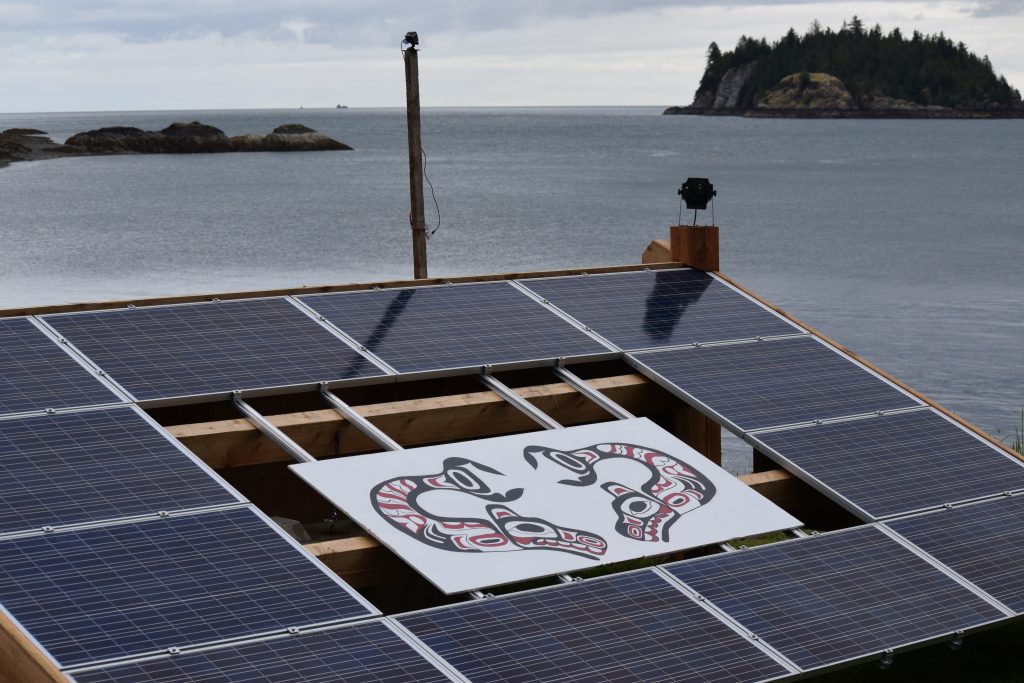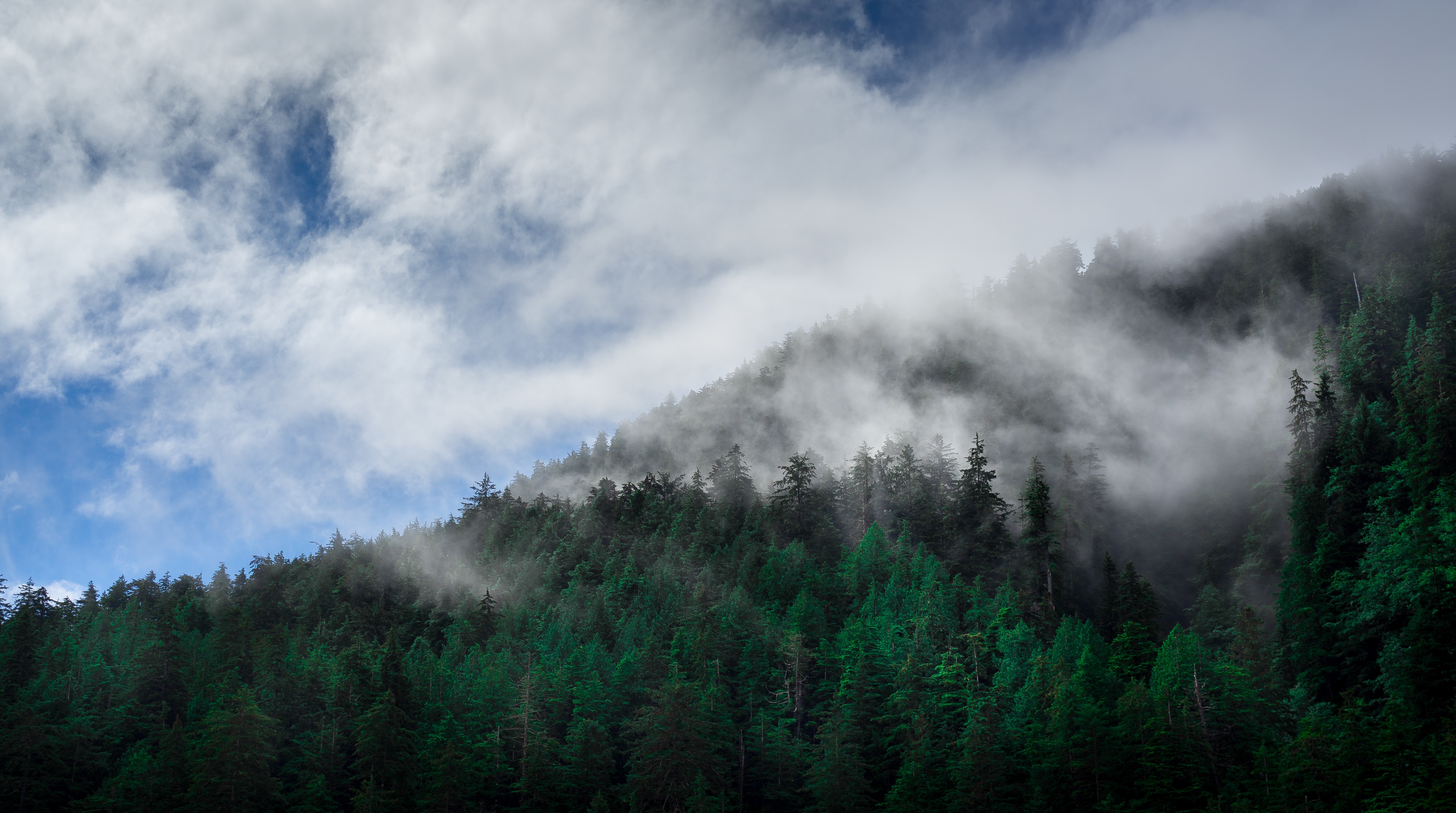Skidegate (HlGaagilda), one of two Haida communities on the Graham Island, is joining other First Nations in leading the path for a clean and bright future. With a population of 800 people in the Haida Gwaii archipelago, Skidegate’s community decided to install heat pumps in each of their 350 homes. Because heat pumps are designed to move heat directly, rather than generating it, they are more energy efficient than the oil furnaces used by residents. By replacing their oil furnaces, the community in Skidegate is reducing greenhouse gas emissions by 570 tonnes a year while saving people about $100/month on their electrical bills.
In seeking additional clean initiatives, the community decided to profit from their higher sun exposure (south of the island) and lower solar prices by installing solar panels in their recreation and premier cultural centres. To bring the community one step closer to achieving energy independence, they are reviewing the Nuxalk Nation's experience to tailor their own housing specifications with higher and more sustainable standards than the current building code.

Sea lions embraced by solar panels (design by Jaada Xamjuu Tristan Gravelle), Haida Heritage Centre (Source: Haida Laas/Rhonda Lee McIsaac)
They made this decision in order to reduce their dependence on fossil fuels and the risks involved in its transportation. They are committed to preventing catastrophic spills from occurring, such as the one that affected more than 60% of the Heiltsuk Nation's clam beds back in 2016.
Considering the Trans Mountain pipeline expansion plans that would increase the number of tankers traveling through the south coast of B.C. by almost 600% (from less than 60 to over 400 per year), such actions are nowadays more prevalent than ever.
First Nations could be leading the renewable energy transition, however, they face some barriers. In a past survey, 47% of the 105 First Nations that participated (out of 203), were involved in renewable energy development, whereas 98% of the respondents were interested in becoming involved in the renewable energy sector. However, 68% of respondents indicated they are experiencing substantial barriers to their (further) involvement in the renewable energy sector.
David Isaac, the President of the Indigenous-owned W Dusk Energy Group, said: "It's amazing to see it happening first in our communities, but we need huge policy shifts”. As a matter of fact, the identified barriers can be readily overcome with political will and resources.

A haze over evergreen woods in Haida Gwaii. Photo by Cory Schadt on Unsplash.
- Log in to post comments



CRC Comments